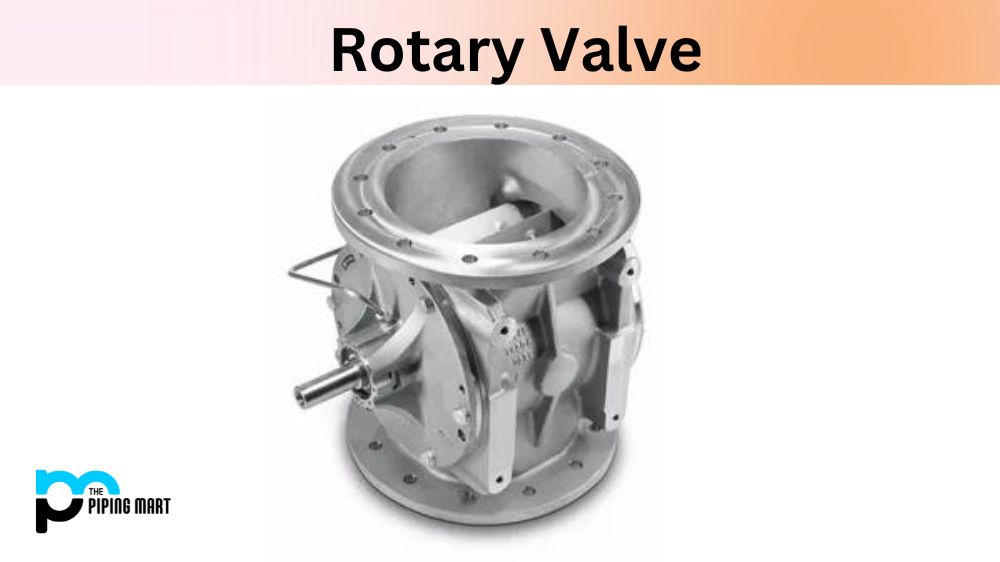What is a rotary valve, and why is it essential in manufacturing? Rotary valves are essential equipment in the handling of materials in bulk. They are used for several applications, including diverting, feeding, metering, or processing materials. The rotary valve is available in various designs, each with a specific purpose and functionality. This blog post will explore the types of rotary valves and their uses.
Drop-through Rotary Valve:
The rotary valve has an open design that allows material to pass through with minimal interference. These valves are good for applications involving plastic and granular materials. The drop-through rotary valve features an adjustable rotor and is easy to clean and maintain.
Blow-through Rotary Valve:
The blow-through rotary valve is used for sticky or dusty materials. The valve features an enclosed design that doesn’t allow material to accumulate in the valve. This type of valve relies on compressed air to push materials through from the inlet to the outlet. Blow-through rotary valves are essential in pneumatic conveying, chemical processing, and food production applications.
Standard Rotary Valve:
The standard rotary valve features a round inlet and outlet opening that allows materials to flow through. Standard valves are used in various applications, including dust collection systems, chemical processing, and pneumatic conveying systems. These valves are easy to operate and are suitable for abrasive applications.
Drop-out Rotary Valve:
The rotary valve is used in applications that require a change in pressure and material flow. These valves feature a conical discharge port that facilitates easy material discharge. Drop-out rotary valves are ideal for applications where material needs to be discharged under pressure.
Easy-clean Rotary Valve:
The easy-clean rotary valve is designed to allow for quick and easy cleaning. The valve features removable end covers, which can be disconnected without tools. These valves are ideal for use in the food industry, where hygiene is paramount.
Conclusion:
In conclusion, rotary valves are key in managing bulk materials in different industrial processes. Choosing the right type of valve for the job is important to ensure maximum efficiency and reliability. Understanding the different types of rotary valves and their application will help you make the right choice for your specific needs. Whether you need to handle abrasive materials or require a valve that is easy to clean, a rotary valve can meet your needs. Contact a reliable rotary valve manufacturer to discuss your requirements and get advice on the best valve for your application.
Meet Heer, a dynamic and driven writer learning tricks of her trade in the metal industry. With a background in Digital Marketing, Heer brings a unique perspective to her writing, sharing valuable insights. Apart from blogging she like reading and hiking.




